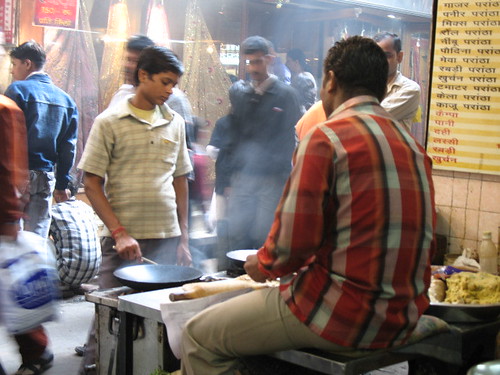My favorite convention speech though is by Ronald Reagan, not his own nomination speech, which is also good, but the speech Reagan gave in support of Barry Goldwater in 1964. I think it eloquently articulates the values and principles which would fundamentally change the way government worked in the U.S. ever since the Reagan presidency.
A small excerpt of the speech is below. But do see the full version (Video| text)
Here's a few quotes from the speech I really liked:
"You and I are told increasingly that we have to choose between a left or right, but I would like to suggest that there is no such thing as a left or right. There is only an up or down--up to a man's age-old dream, the ultimate in individual freedom consistent with law and order--or down to the ant heap totalitarianism, and regardless of their sincerity, their humanitarian motives, those who would trade our freedom for security have embarked on this downward course."Barry Goldwater's son, Barry Goldwater Jnr, himself a former congressman was not at the GOP convention last week. Instead, he was at Ron Paul's convention. Interesting times.
"No government ever voluntarily reduces itself in size. Government programs, once launched, never disappear. Actually, a government bureau is the nearest thing to eternal life we'll ever see on this Earth."
" the trouble with our liberal friends is not that they are ignorant, but that they know so much that just isn't so"
"You and I know and do not believe that life is so dear and peace so sweet as to be purchased at the price of chains and slavery."
"You and I have a rendezvous with destiny. We will preserve for our children this, the last best hope of man on Earth, or we will sentence them to take the last step into a thousand years of darkness.
We will keep in mind and remember that Barry Goldwater has faith in us. He has faith that you and I have the ability and the dignity and the right to make our own decisions and determine our own destiny"






